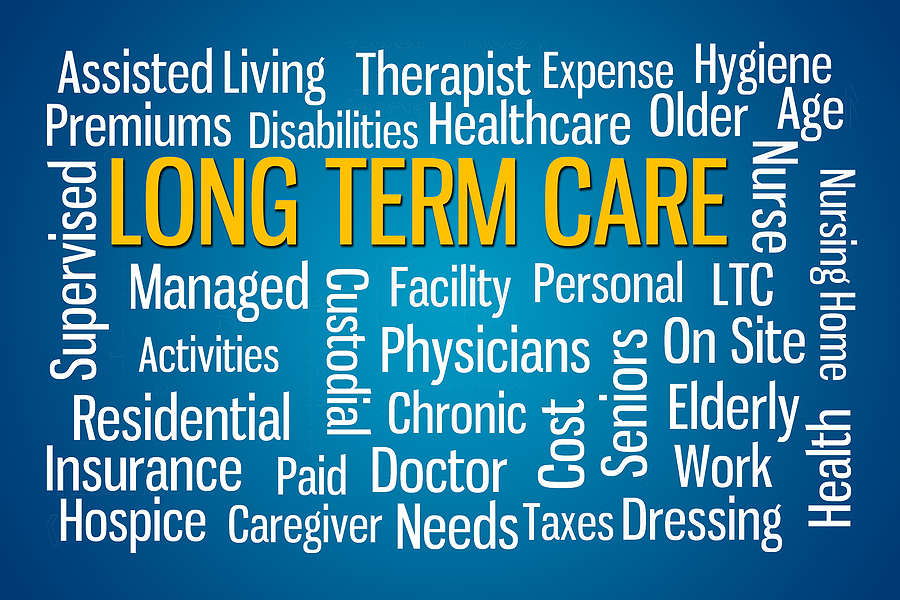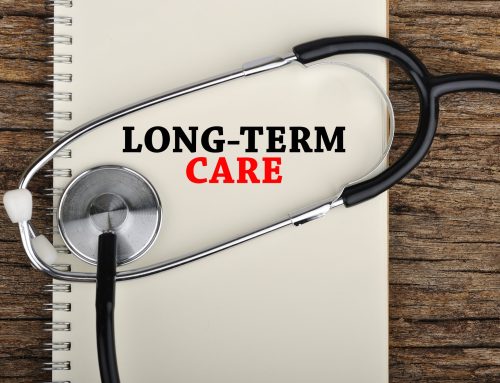
Long-term care (LTC) is a comprehensive array of medical, personal care, and other services coordinated to address the physical, emotional, and social needs of chronically ill or disabled individuals. One important aspect is that LTC is not exclusive to older people. People of all ages may require it at some point due to debilitating circumstances, chronic diseases, or developmental disabilities.
Many people mistakenly think health insurance or Medicare may cover LTC costs. However, Medicare and Medigap do not pay for extended periods of custodial LTC. LTC insurance covers the costs of LTC that are not covered by regular health insurance.
This article outlines the reasons why you may want to thoroughly plan for LTC expenses.
Age-related issues
First, specific individuals may require specialized care in an LTC facility due to age-related issues, making everyday activities increasingly difficult. Conditions such as dementia, arthritis, stroke, heart disease, and diabetes can lead to chronic health problems that necessitate LTC.
Injury or chronic illness
Secondly, those who have had a serious accident or experienced a sudden illness may require care. Instances like a car accident leading to paralysis or sudden medical conditions like strokes can result in the immediate need for LTC.
Developmental disabilities or mental illness
LTC may be necessary for some individuals due to developmental disabilities or mental illnesses. For example, severe autism or schizophrenia may require round-the-clock care or regular assistance with everyday tasks.
Lifestyle
Last, lifestyle habits can also contribute to the need for LTC. Lack of exercise, poor diet, smoking, excessive alcohol use, etc., can lead to chronic illnesses that demand LTC services.
Plan for LTC
Planning for care is essential. Conduct thorough research with a financial professional on LTC facilities and how you can best cover those costs. Understanding LTC and why someone may need it is crucial for anyone facing debilitating health conditions that could impair their ability to perform basic daily tasks. By planning and considering your options, you can work toward setting up a budget to pay for care should you ever need it.
Sources:
- https://www.nia.nih.gov/health/long-term-care/what-long-term-care
- https://www.un.org/esa/socdev/ageing/documents/un-ageing_briefing-paper_Long-term-care.pdf
This information is provided as general information and is not intended to be specific financial guidance. Before you make any decisions regarding your personal financial situation, you should consult a financial or tax professional to discuss your individual circumstances and objectives. The sources used to prepare this material are believed to be true, accurate and reliable, but are not guaranteed. SWG4102450-1224d









